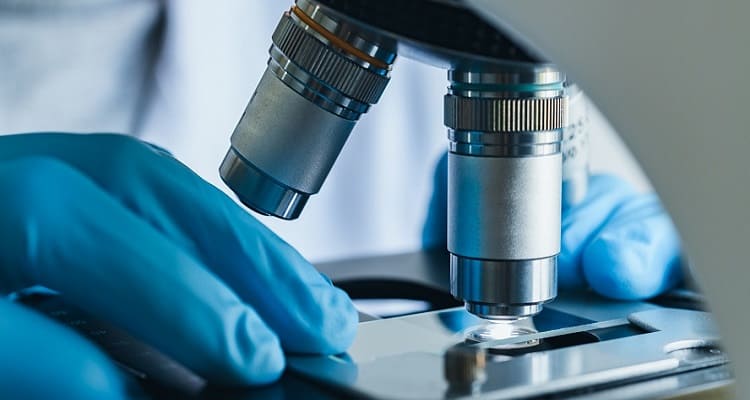Novartis and Molecular Partners report positive topline data from phase-II study for Ensovibep
The secondary endpoint of hospitalisation and/or ER visits related to COVID-19, or death showed an overall 78 per cent reduction in risk of events across Ensovibep arms compared to placebo
Novartis and Molecular Partners yesterday announced that Part A of the Empathy clinical trial that compared single intravenous doses of Ensovibep, a DARP in antiviral therapeutic candidate v/s placebo to treat COVID-19, met the primary endpoint of viral load reduction over eight days. The two secondary endpoints also showed clinically meaningful benefit over placebo – composite endpoint of hospitalisation and/or Emergency Room (ER) visits or death, and time to sustained clinical recovery. Novartis confirms it will now exercise its option to in-license Ensovibep from Molecular Partners, and, following exercise of the option, will seek expedited access globally, first via the FDA’s EUA process, the company informed in a statement.
The global Empathy clinical trial, which is being conducted by Novartis, with Molecular Partners as sponsor, is a randomised, double-blind, placebo-controlled study in ambulatory (non-hospitalised) adult patients with COVID-19. Empathy Part A enrolled 407 patients to identify a dose of Ensovibep with optimal safety and efficacy and recruited patients in the US, South Africa, India, the Netherlands and Hungary to explore three doses: 75mg, 225mg and 600mg.
Results from the study showed that the primary endpoint was met with a statistically significant reduction in viral load over eight days, compared to placebo, for all three dosing arms. The secondary endpoint of hospitalisation and/or ER visits related to COVID-19, or death showed an overall 78 per cent reduction in risk of events across Ensovibep arms compared to placebo. Treatment arms were generally balanced in terms of demographic, baseline and disease characteristics. The placebo arm with 99 patients had a total of six events (event rate of six per cent); five patients were hospitalised, two of whom died due to worsening of COVID-19 and one patient had an ER visit only. In the 301 patients treated with Ensovibep, there were four events, hospitalisations occurred in two patients and two needed to visit ER (event rate of 1.3 per cent). No deaths occurred in any of the patients treated with Ensovibep. All doses were well-tolerated and no unexpected safety issues were identified for any of the doses. The lowest dose of 75 mg is the planned dose for further development. The data will now undergo further review so that Novartis and Molecular Partners can determine the appropriate next steps for the programme, the statement added.
The statement further mentioned that with the decision made to exercise the option, Novartis will become responsible for development, manufacturing, distribution and commercialisation activities of Ensovibep. Novartis has already initiated scale-up activities in its large-scale biologics production facilities.
In addition, according to the statement, a recent in-vitro analysis also showed that Ensovibep maintains full neutralisation of the pseudoviruses containing the mutations identical to the Omicron variant of concern.
Given the pressing public health emergency and the rapid spread of the Omicron variant across the world, Novartis and Molecular Partners are in close liaison with regulatory bodies to seek expedited review and approval of Ensovibep as soon as possible. If approved, it will be the first multi-specific antiviral molecule for the treatment of COVID-19, the statement concluded.


